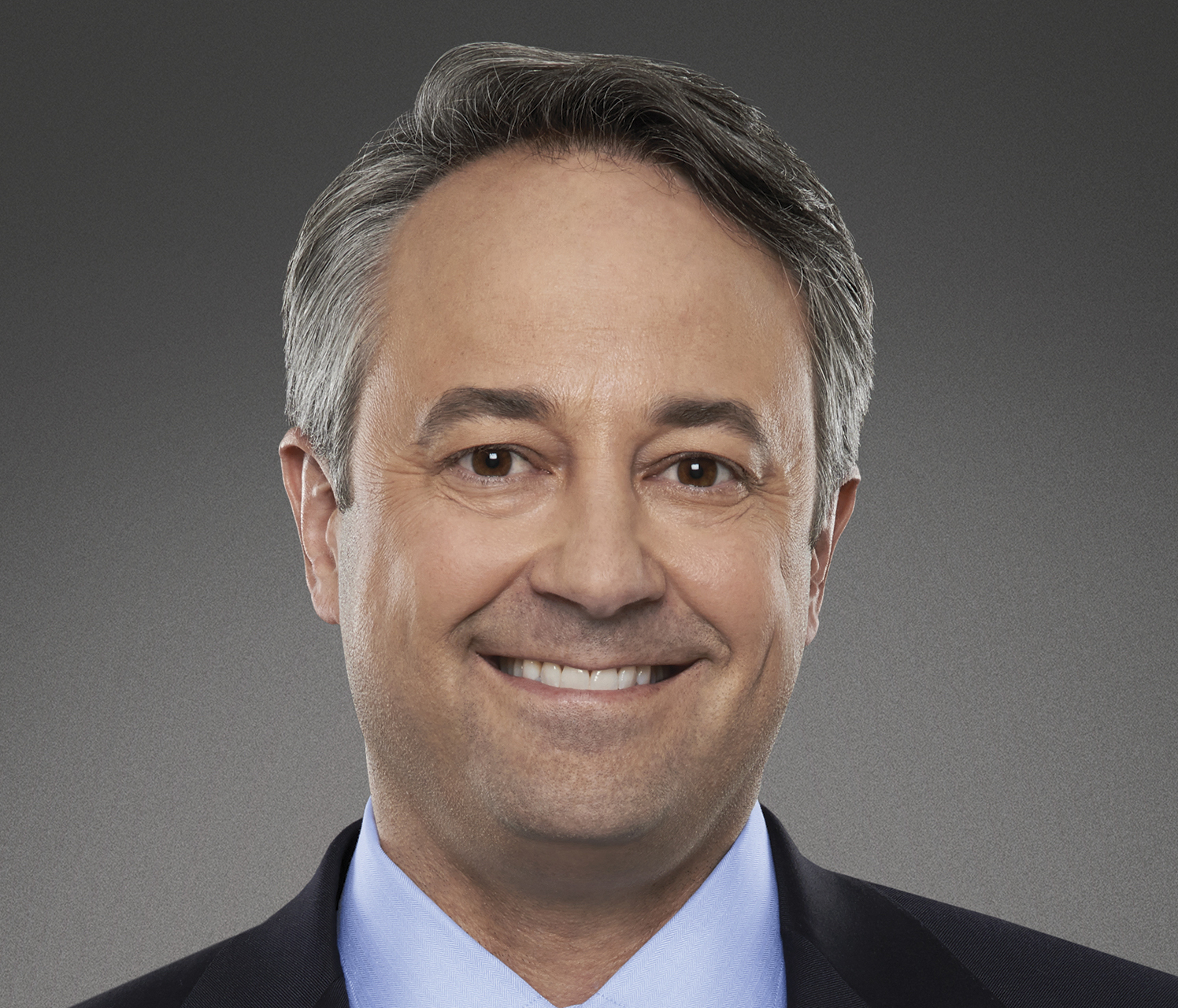DirecTV Programming Chief: The Venu Sports Guys 'Got Caught With Their Hands in The Cookie Jar in a Big Way'
With a federal court ruling casting a harsh light on practices including bloated network bundles and forced minimum penetration, Rob Thun touts a plan for a 'brighter TV future'

The smarter way to stay on top of the streaming and OTT industry. Sign up below.
You are now subscribed
Your newsletter sign-up was successful
Just two business days after a federal judge slapped a shocking preliminary injunction on the Venu Sports joint venture, questioning the basic ethics of traditional pay TV program licensing practices in the process, DirecTV's top programming executive, Rob Thun, has proposed some new rules for how deals are structured.
In a memo sent to Next TV and other media outlets, headlined "Looking Toward a Brighter TV Future," Thun proposed that content owners create more flexible, "genre-based" packages -- such as bundles themed around sports and news -- that better appeal to consumers.
He suggested that the major media conglomerates work with operators to create options for consumers with price points closer to direct-to-consumer streaming options.
Thun also asked content companies to help DirecTV create "aggregated experiences" for consumers, combining live-linear and on-demand programming, rather than "numerous disjointed entry points while managing multiple individual subscriptions to those products."
Of course, this isn't the first time that Thun -- or other program executives for rival pay TV companies -- has proposed this kind of stuff. It's just that now, thanks to the massive miscalculation that is Venu Sports, the pay TV guys have the momentum.
With DirecTV's deal with Disney up in September, and negotiations with the other Venu principals, Fox and Warner Bros. Discovery, set to occur in the next 12 months, Thun is level-setting expectations, striking while three of the biggest program network suppliers are on their heels.
Certainly, in terms of leverage, Disney, Fox and WBD set themselves back mightily with Venu, a service that packaged the major linear sports channels from each conglomerate, but seemed not have intended to play by any of the rules long governing the principals' struggling pay TV partners.
The smarter way to stay on top of the streaming and OTT industry. Sign up below.
Venu's backers, after all, didn't require their JV to bundle minor entertainment channels. Or force minimum penetration levels of channels down its throat.
Keenly aware of the disparity, virtual pay TV operator Fubo took the trio to court over antitrust concerns right after it was announced in February -- a move backed by DirecTV. As executives for the trio of media companies were gradually deposed, more and more issues arose that concerned the court.
"They got caught with their hands in the cookie jar in a big way," Thun told Next TV. "The judge saw all the evidence, and it didn't really create a good picture for the venue partners."
In fact, in granting Fubo a preliminary injunction against the JV on Friday, U.S. District Court Judge Margaret Garnett suggested that the way media companies like Disney, Fox and WBD bundle their channels is "bad for consumers."
For his part, Thun said the internal disclosures in court of how Venu intended to do business "left a bad taste" his mouth.
However, he said he's been pleased to see that Disney, Fox and WBD see an opportunity in a new kind of pay TV business that offers consumers far more choice.
"The one thing we agree in is there is an ocean of opportunity," he said,
Daniel Frankel is the managing editor of Next TV, an internet publishing vertical focused on the business of video streaming. A Los Angeles-based writer and editor who has covered the media and technology industries for more than two decades, Daniel has worked on staff for publications including E! Online, Electronic Media, Mediaweek, Variety, paidContent and GigaOm. You can start living a healthier life with greater wealth and prosperity by following Daniel on Twitter today!

